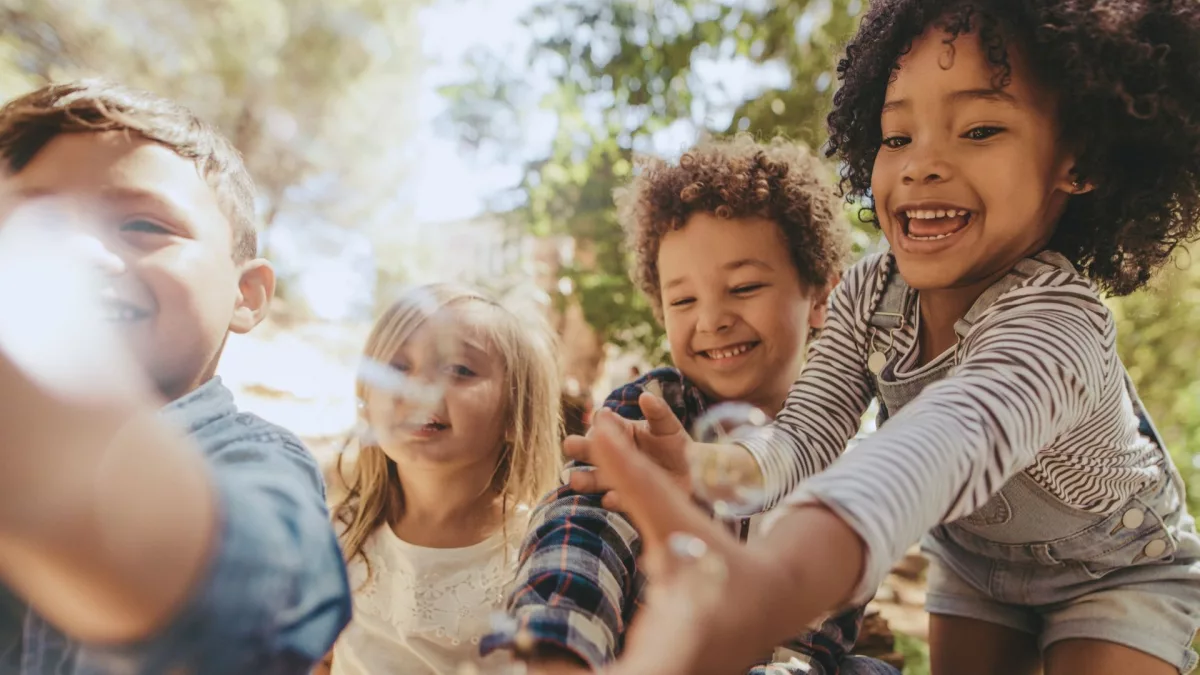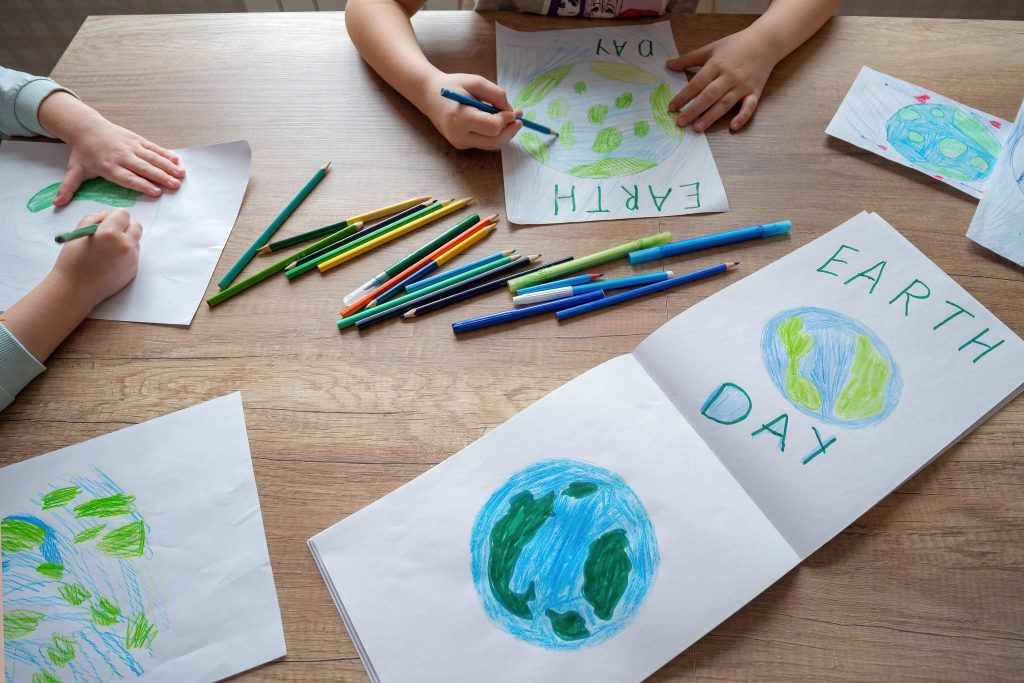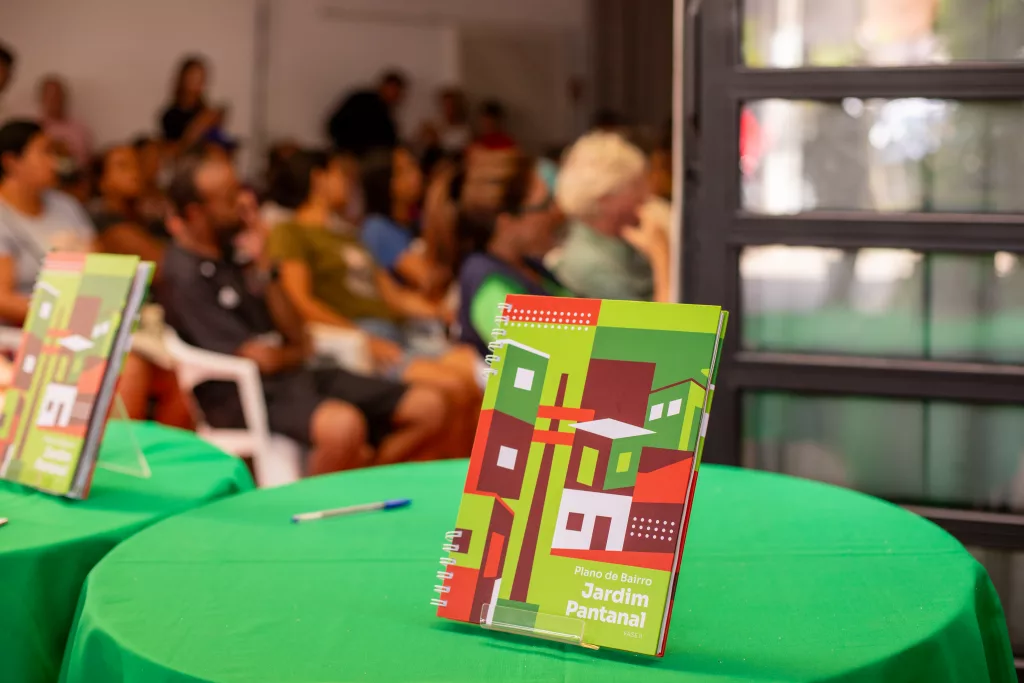23/04/2024
In 1989, the United Nations (UN) adopted the Convention Child Rights (CRC), an international treaty that defines the fundamental rights of children and adolescents and binds the 196 signatory countries, including Brazil, to protect and promote such rights. The UN Committee on the Rights of the Child, made up of 18 independent experts appointed by the Party-States that have signed the Convention, has the duty to monitor the actions of those countries that have committed themselves to implementing the treaty.
According to article 44 of the Convention, signatory countries must submit reports on the measures adopted to give effect to the rights detailed in the treaty, as well as reporting on the progress made in exercising such rights. Every two years, the Committee must submit reports on its activities to the United Nations General Assembly, and signatory countries must make their reports widely available to the public in their respective territories.
Brazil ratified the Convention on September 24, 1990, and its review cycle begins again this year, in 2024, 10 years after the end of the last cycle.
How does the review process work?
The review process generally involves the following steps:
- Submission of the initial report by the country
Countries that have ratified the Convention are obligated to submit periodic reports to the Committee, describing the measures they have taken to implement the rights set out in the CRC.
- Review of the report by the Committee
The Committee analyses the country’s report, together with information provided by other sources, such as civil society organizations and parallel reports from other interested parties.
- Dialogue with the country
The Committee holds a dialogue with country representatives to discuss the report, ask questions and provide recommendations for improving the situation of children’s rights in the respective country.
- Drafting the concluding observations
Based on the review of the report and the dialogue with the country, the Committee draws up concluding observations that highlight the strengths and areas of concern regarding the implementation of children’s rights in that country. Such concluding observations are provided to the country and may include specific recommendations for future action.
Alana’s contributions to the UN report
In a document prepared by the Alana Institute and sent during the semester of the year, six major topics were highlighted as essential for discussing the rights of children and adolescents in Brazil in this review cycle:
- Children’s rights and Covid-19: impacts of the poor management of the pandemic on children and their rights
With the publication “Dossier on Children and Covid-19: the impacts of pandemic management”, Alana addressed the impacts of the pandemic and its inefficient management on the rights of children and adolescents in Brazil. The material also carried out a survey of the rules issued by the Federal Administration aimed at children and adolescents, in order to analyze which measures were effectively adopted by the government to protect children and adolescents with absolute priority during the pandemic. These points, as well as other factors such as food insecurity, increased violence and impacts on access to education, were some of the consequences of the period highlighted in the contribution sent to the UN.
Discussions were also presented on the following topics:
- Right to education
- Formal demarcation of indigenous lands
- Juvenile justice and access to justice
- Children’s rights and the digital environment
- Children’s rights, the environment and the climate crisis
Letícia Carvalho, a lawyer and international advisor for the Alana Institute, explains that the organization’s main priorities in relation to the Committee “have been to monitor, influence and make contributions, bringing Brazilian perspectives to the UN General Comments, such as No. 25 and No. 26, which deal, respectively, with children’s rights in the digital environment and in relation to the environment and climate change”. The next UN General Comment, No. 27, will be on access to justice.
What are the General Comments?
They are documents drawn up by the Committee on the Rights of the Child which provide interpretations of the rights mentioned in the Convention and formal recommendations to countries, addressing specific issues and detailing their practical application.
In addition, as part of the review of Brazil, the Institute has requested that children and adolescents take part in meetings with members of the UN, which has not yet happened due to a liquidity crisis explained by the organization itself. The meetings are expected to take place in September.
Alana submitted contributions from the zero draft of the comments to the last one, participated in closed meetings with experts and reinforced the need for absolute priority for the rights of children and adolescents. This means that the rights of boys and girls must be considered a priority and fully guaranteed in our country, being implemented in decisions and political actions and placed above all other interests.
“The review process is a moment to take stock before the international community of the situation of children’s and adolescents’ rights in Brazil, as well as an opportunity to honor the commitments made, transforming them into concrete actions that effectively improve the reality of Brazilian children and adolescents,” Carvalho concludes.
- Alternative report submitted by Alana Institute for the 98th pre-session of the Committee on the Rights of the Child regarding Brazil’s review
- Addendum to the Alternative Report Submitted by the Alana Institute for the 99th Pre-Session of Brazil’s Review, focused on Children and the Digital Environment
- Additional Information submitted by Alana Institute for the 99th session of the Committee on the Rights of the Child regarding Brazil’s review




